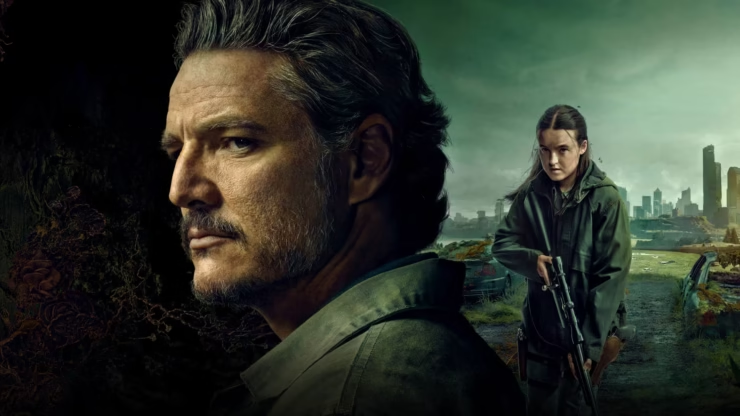
Prologue:
Season 2 of The Last of Us picks up in Jackson, where Joel and Ellie are trying to build a life after the events in Salt Lake City, but peace doesn’t last. A violent act rooted in Joel’s past sets off a chain of events that pushes Ellie down a path of revenge, forcing her to confront the cost of her choices. With shifting perspectives, new characters, and heavier emotional stakes, the season dives deep into the blurred lines between justice and vengeance.
It’s Review Time (Season 2): 7
IMDB: 8.6
Rotten Tomatoes: 95%
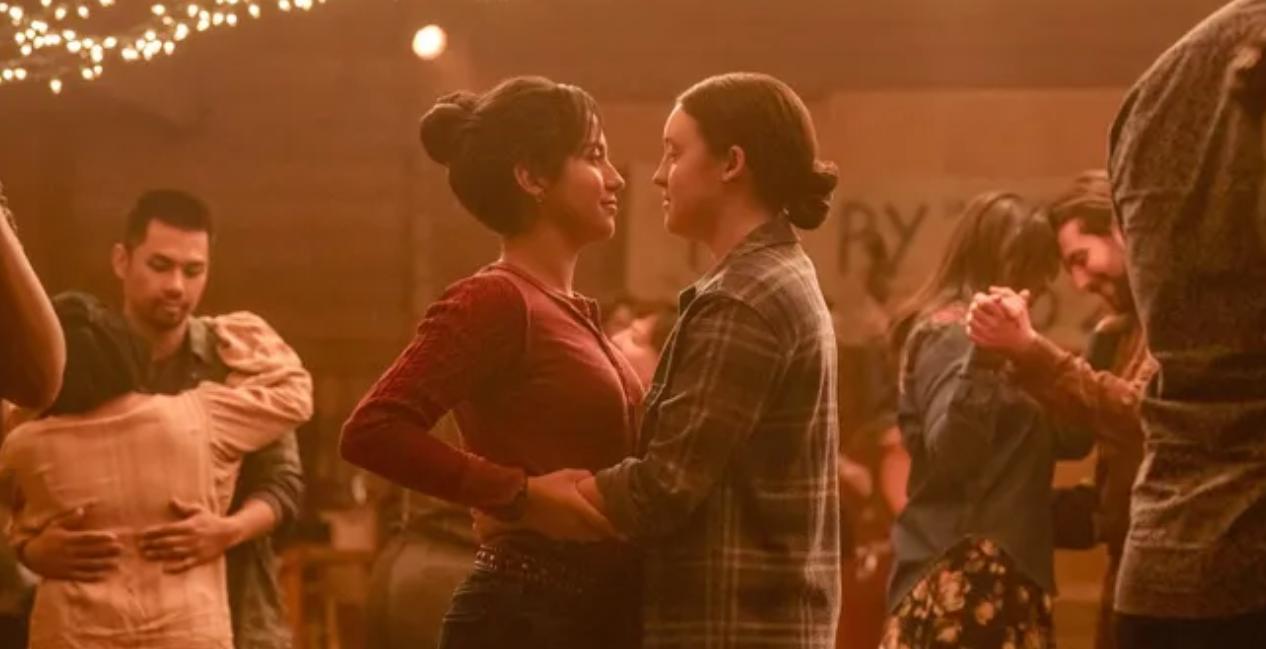

Review:
One of the best game adaptations is back to continue its story, and it does so with honesty and weight. We return to Jackson, Tommy’s community, where Joel and Ellie have tried to settle into a quieter life. Ellie seems to be moving on, building a bond with Dina, but peace is short-lived. Joel’s story ends within the first few episodes, and while it’s painful to watch, the show stays true to the game without flinching.
The creators remain deeply loyal to the original narrative, but they also add a few new pieces that fit in beautifully. These moments don’t take away from the core story; they enhance it, giving more depth to the world and its characters.
I’ll definitely miss Pedro Pascal in this season. He brought a weight to Joel that’s hard to replace, a quiet intensity that always made you feel like something big could happen at any moment. His performance carried so much emotion, the way he looked at Ellie like a daughter, the grit in his survival instincts, and the heartbreak behind his eyes. He made Joel unforgettable.
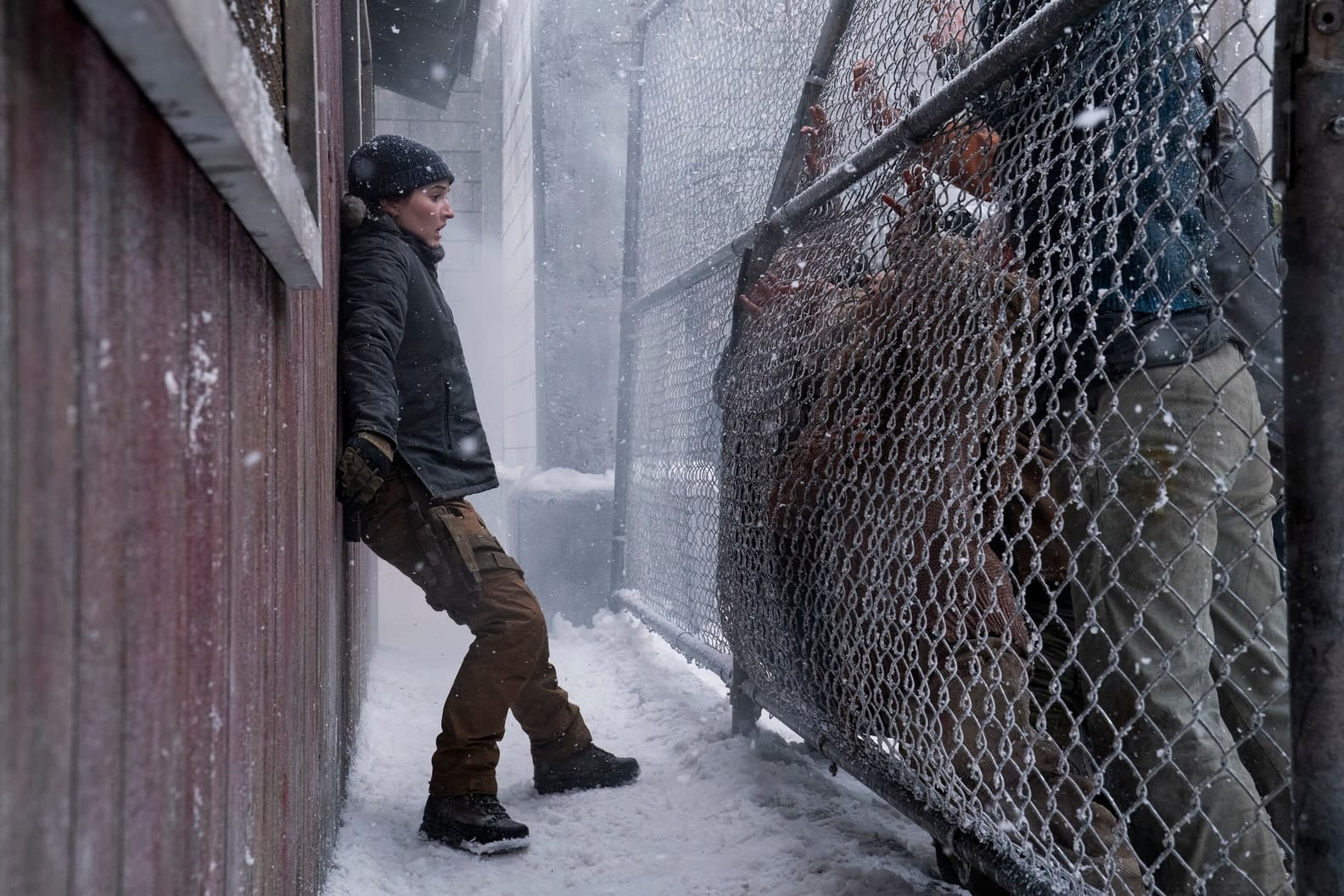
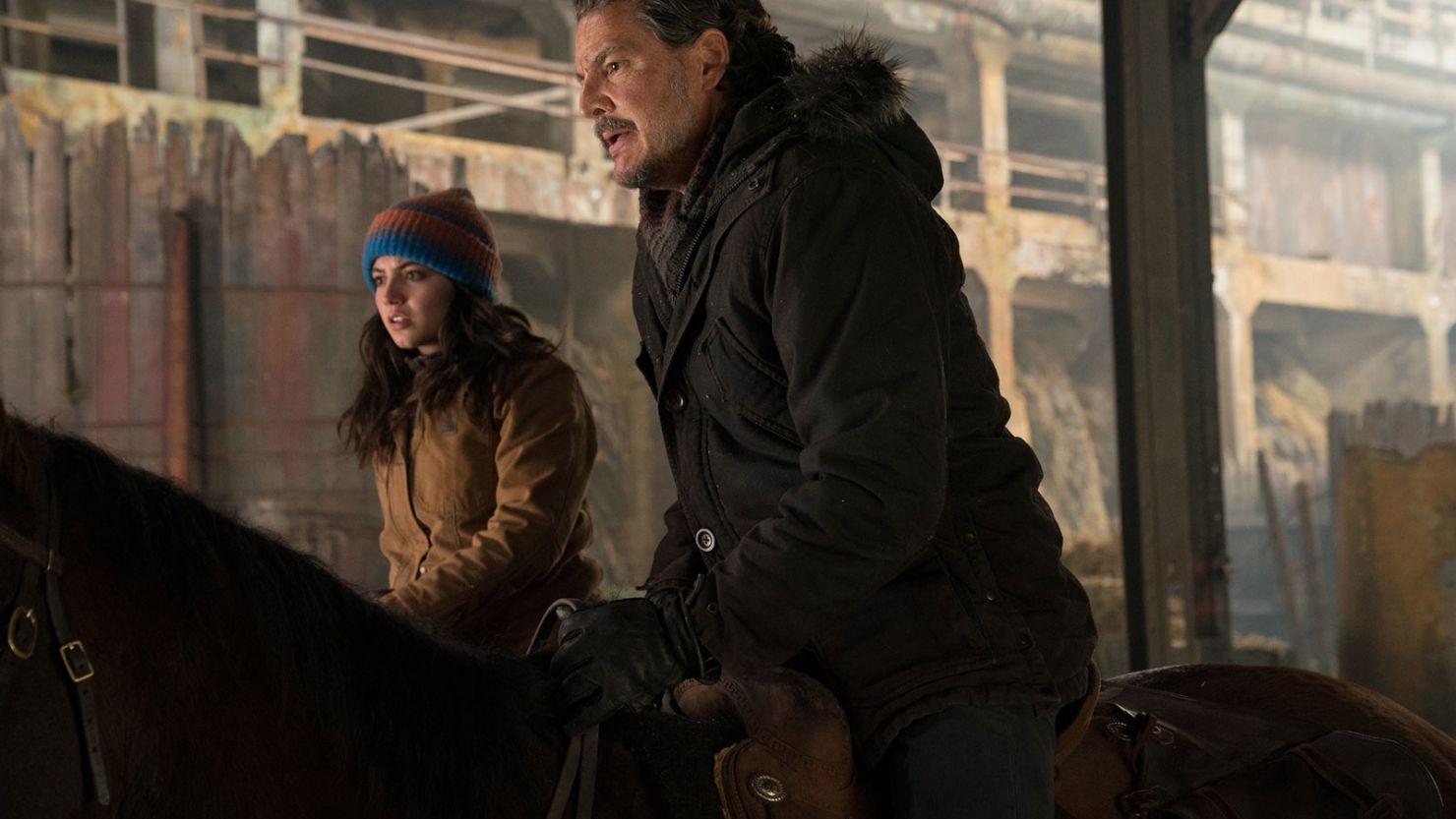
5 things I liked about The Last of Us – Season 2:
- One of the strongest parts of Season 2 is the seamless continuity it carries from Season 1. The transition feels natural; nothing feels forced or out of place. The tone, pacing, and emotional weight pick up right where they left off, making it easy to slip back into this world. The show doesn’t reintroduce things unnecessarily; instead, it trusts the viewer to remember the emotional stakes and builds on them with care. This kind of storytelling respect keeps the momentum going and makes the new chapter feel like a true continuation, not a reset.
- The heartbreak hits hard and early, right in the second episode with Joel’s death. I hadn’t played the game, so I didn’t see it coming at all. It took me completely by surprise and left me shocked to my core. The moment isn’t drawn out for drama; it happens suddenly, almost brutally, which makes it hit even harder. Joel had become such a central figure, and losing him that quickly was jarring. But as painful as it was, the moment shifts the entire tone of the season and becomes the emotional fuel that drives Ellie’s story forward.
- One thing I truly appreciated was how many scenes were directly replicated from the game. The attention to detail is impressive; from the framing to the dialogue, it’s clear the creators wanted to honor the source material. These moments don’t just feel like fan service; they serve the story and deepen the emotional impact. Even as someone who hasn’t played the game, I could sense the weight behind these scenes. They add a layer of authenticity and show just how much care went into adapting this world for television.
- The original action scenes created specifically for the series were a great addition. One standout was Tommy’s fight with the Bloater in the city of Jackson, a moment that wasn’t part of the game but felt right at home in the world of The Last of Us. It added tension, showcased Tommy’s character more, and gave the infected threat some much-needed spotlight. These new sequences don’t feel like filler; they expand the world in a way that keeps things exciting, even for viewers familiar with the game’s plot.
- The acting throughout this season was consistently strong and believable. Pedro Pascal, even with fewer scenes, left a lasting impact by bringing Joel’s character to life with quiet intensity and deep emotion. Bella Ramsey carried Ellie’s complex journey with a mix of vulnerability, anger, and strength that felt genuine every step of the way. Kaitlyn Dever gave Abby a powerful and nuanced portrayal, turning what could’ve been a one-dimensional role into a layered character. Luca and Isabela also impressed, delivering natural and grounded performances that made their characters feel authentic and relatable. Overall, the cast brought the story to life in a way that kept me fully invested.
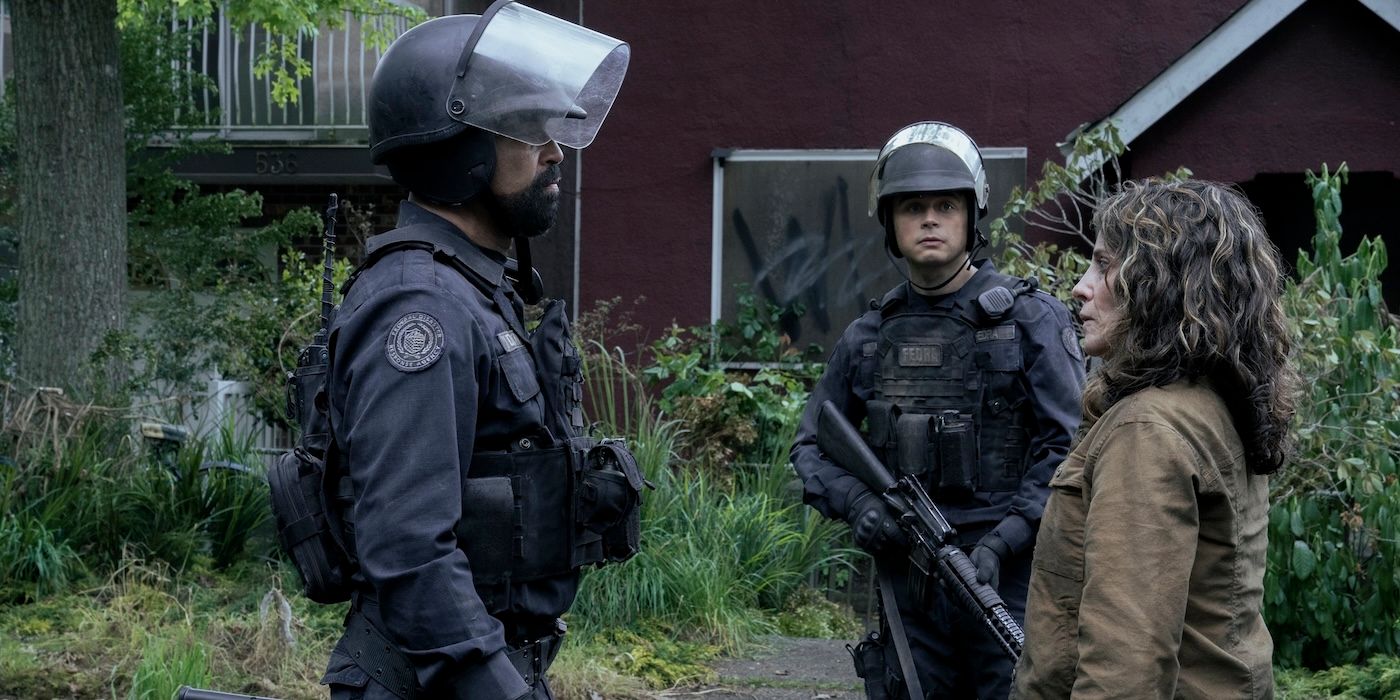
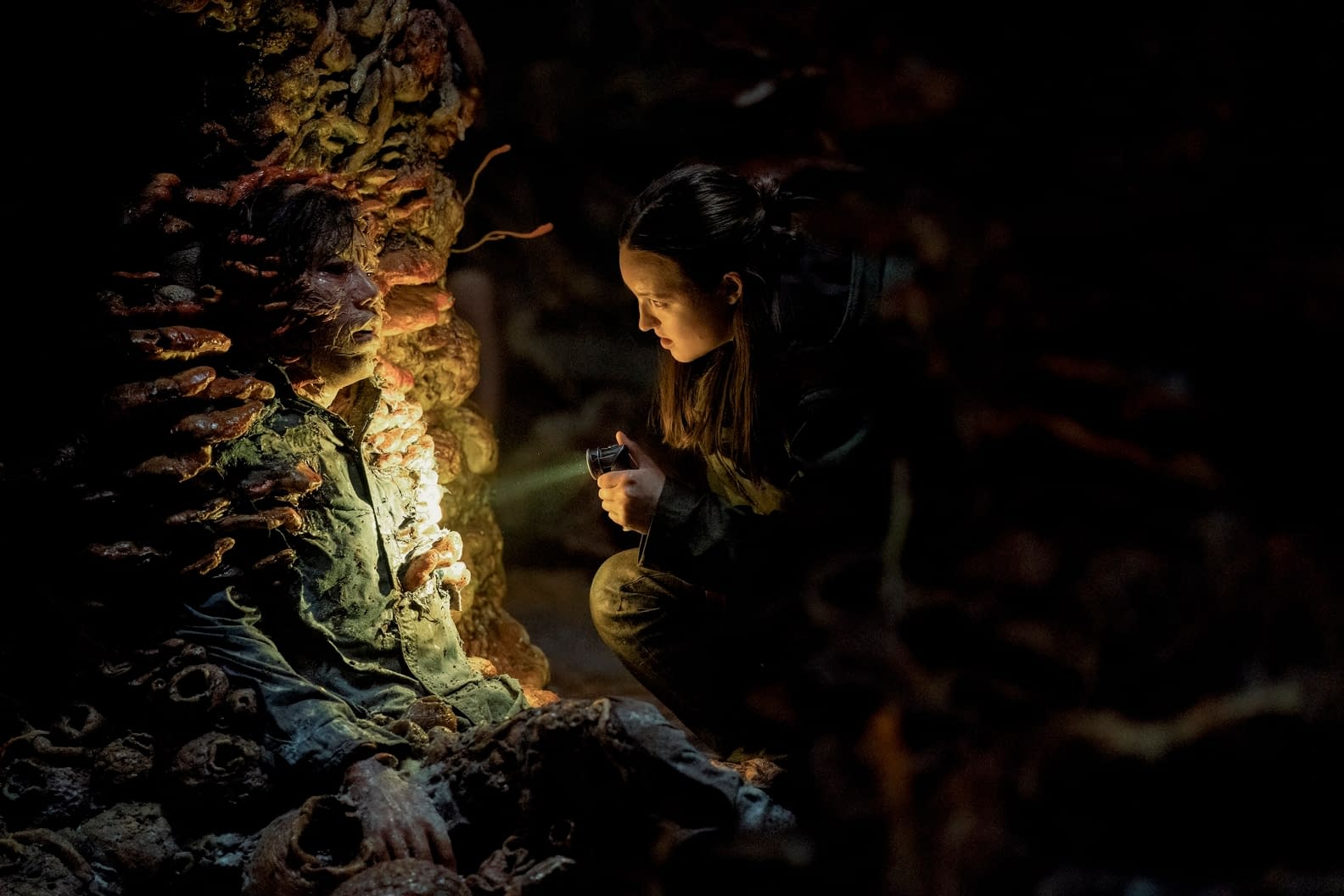
5 things I disliked about The Last of Us – Season 2:
- One thing that disappointed me was the recap and streaming quality on JioHotstar. The recap felt rushed and skimmed over key moments, which wasn’t helpful after a two-year gap, especially since I’d watched a lot of other shows in the meantime. It made it harder to fully reconnect with the story and characters before Season 2 started. On top of that, the streaming quality occasionally dropped below what you’d expect from a major platform, which pulled me out of the experience during some important scenes. For a series this well-crafted, the platform’s quality should have matched the show’s standards.
- The online debate around casting also felt more prominent this season, especially the focus on Bella Ramsey’s casting as Ellie compared to Kaitlyn Dever. It seemed like the conversation sometimes overshadowed the story itself, pulling attention away from the characters and their journeys. While strong performances deserve discussion, the heated debates felt distracting and, at times, unnecessary. It’s a shame because the show’s real strength lies in its storytelling and the actors’ work, not in casting controversies.
- I’m also unsure how the show will wrap up the story, given that the game itself doesn’t have a definitive ending yet. With the showrunners planning four seasons, it feels uncertain where the story is headed, especially since the game currently only has two parts. This raises questions about how much original material the series will need to create and whether it can maintain the same quality and emotional depth without a clear roadmap. It’s a risky move that makes me wonder if the show might lose some of the focused storytelling that made it so compelling in the first place.
- At times, Ellie’s character became frustrating to watch. I understand she’s a teenager dealing with intense emotions, but her constant, often unnecessary aggression felt overwhelming and even irritating. It sometimes distracted from the deeper emotional struggles she’s facing and made her harder to connect with. A bit more nuance in her behavior would have helped balance her anger with vulnerability, making her journey feel more believable and easier to root for.
- While Season 2 has its strong moments, it doesn’t quite reach the same intensity as the first season. The original felt like a masterpiece, tight, powerful, and emotionally gripping, but this season falls a bit short of those high expectations. Some scenes and story arcs lack the same impact, and at times the pacing feels uneven. It’s not a failure by any means, but compared to the first season, it doesn’t quite hit the same emotional highs or keep the same level of tension throughout.

:max_bytes(150000):strip_icc()/the-last-of-us-Kaitlyn-Dever-03-052625-b6b538ee18d14aee90d99288c07fb32a.jpg)

